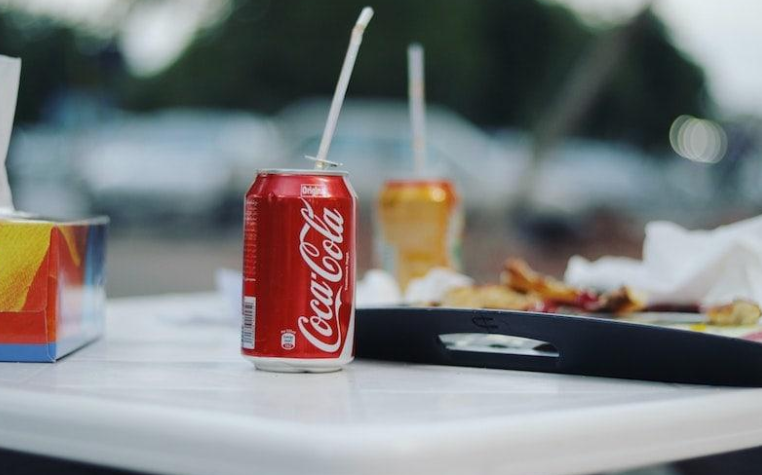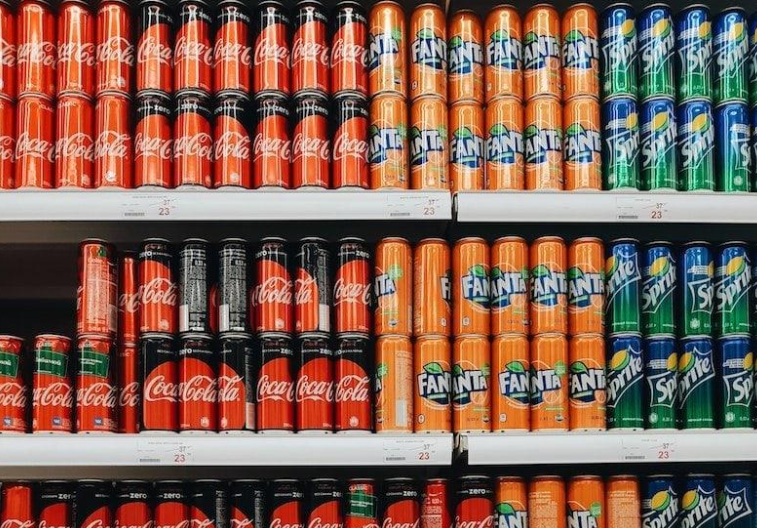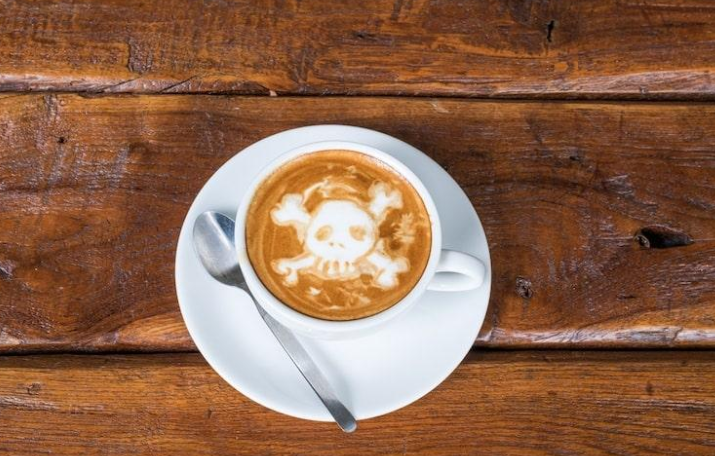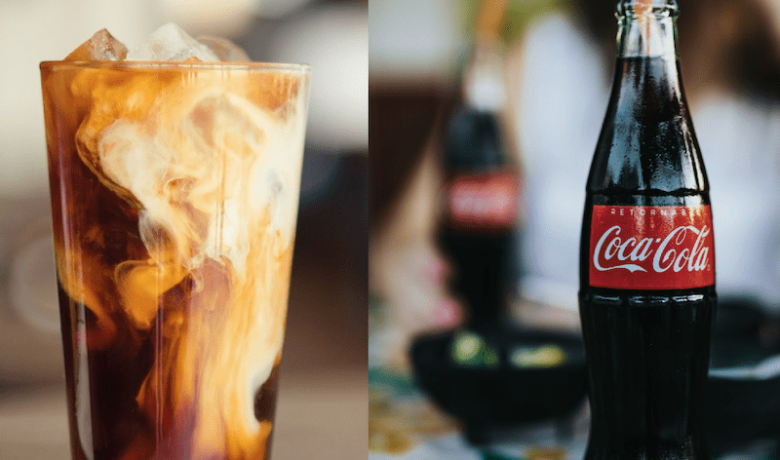Caffeine in Coffee vs. Carbonated Drinks: Which Contains More?
If you’re a caffeine aficionado, you probably wonder about the caffeine levels in your favorite beverages. Which one should you opt for when you need that extra kick? What are the strongest (most caffeinated) carbonated drinks and coffees in the world?
In brief, coffee contains roughly three times the caffeine of carbonated drinks. Looking for the highest caffeine content? Brew yourself a cup of coffee!
We’ve delved deep into this topic, meticulously examining the caffeine content in various carbonated drinks and coffees. Scroll down to learn more! The caffeine levels in coffee and carbonated drinks might just surprise you:
What is caffeine?
Caffeine naturally occurs in coffee, cocoa, and tea. For centuries, people have consumed it to boost their alertness. Although caffeine was officially discovered in 1819, it has been a popular psychoactive substance throughout recorded history. It’s been around for a long time!
How does caffeine affect your body? Caffeine acts as a stimulant for the central nervous system. It can make you feel more awake and help you focus. It takes about one to two hours to fully take effect and remains in your system for several hours.
Caffeine in carbonated beverages

The amount of caffeine in carbonated beverages varies depending on the brand and type you choose. For instance, a 350ml can of Pepsi has 38 milligrams of caffeine, while a similar-sized can of Coca-Cola has 34 milligrams. Some types of carbonated drinks are typically caffeine-free. Remember, most major soda brands offer caffeine-free versions! On average, though, a can of soda contains about 35 milligrams of caffeine.
Caffeine in Diet Sodas
Interestingly enough, diet sodas tend to have more caffeine than their regular counterparts. The additional caffeine helps compensate for the lack of calories. For example, a 350ml can of Diet Coke or Diet Pepsi contains approximately 46 milligrams of caffeine.

Which is the strongest carbonated beverage?
The world’s strongest carbonated beverage contains 55 milligrams of caffeine per 350ml can. What brand is it? Lime Green Mountain Dew.
Does Mountain Dew have more caffeine than coffee? No, but it does have more caffeine than any other brand of carbonated beverage. Coffee contains about 2.5 times the caffeine of Mountain Dew.
Keep in mind that, unlike coffee, the FDA limits the amount of caffeine in carbonated beverages to 71 milligrams per 350ml serving. This is why you’re unlikely to find a carbonated beverage with a higher caffeine content.
Caffeine in coffee

How much caffeine is in coffee? On average, a cup of black coffee contains around 140 milligrams of caffeine. This equates to roughly 12 milligrams per 30ml, significantly more than what’s found in most carbonated drinks. If you prefer espresso, you’ll encounter an even higher concentration of caffeine. A single 30ml shot of espresso has about 63 milligrams of caffeine.
What is the strongest coffee?
The world’s most caffeinated coffee is Devil Mountain Black Label Coffee, boasting an astonishing 1,555 milligrams of caffeine in a 350ml serving. That’s an incredible 130 milligrams per 30ml!
Summary
So, which drink packs more caffeine? On average, a cup of coffee contains about three times as much caffeine as a regular soda. If you’re aiming for the ultimate caffeine kick, go for a cup of coffee or an espresso! Prefer something that won’t make you feel jittery? Opt for a soda—or perhaps enjoy a tasty decaf coffee instead.
